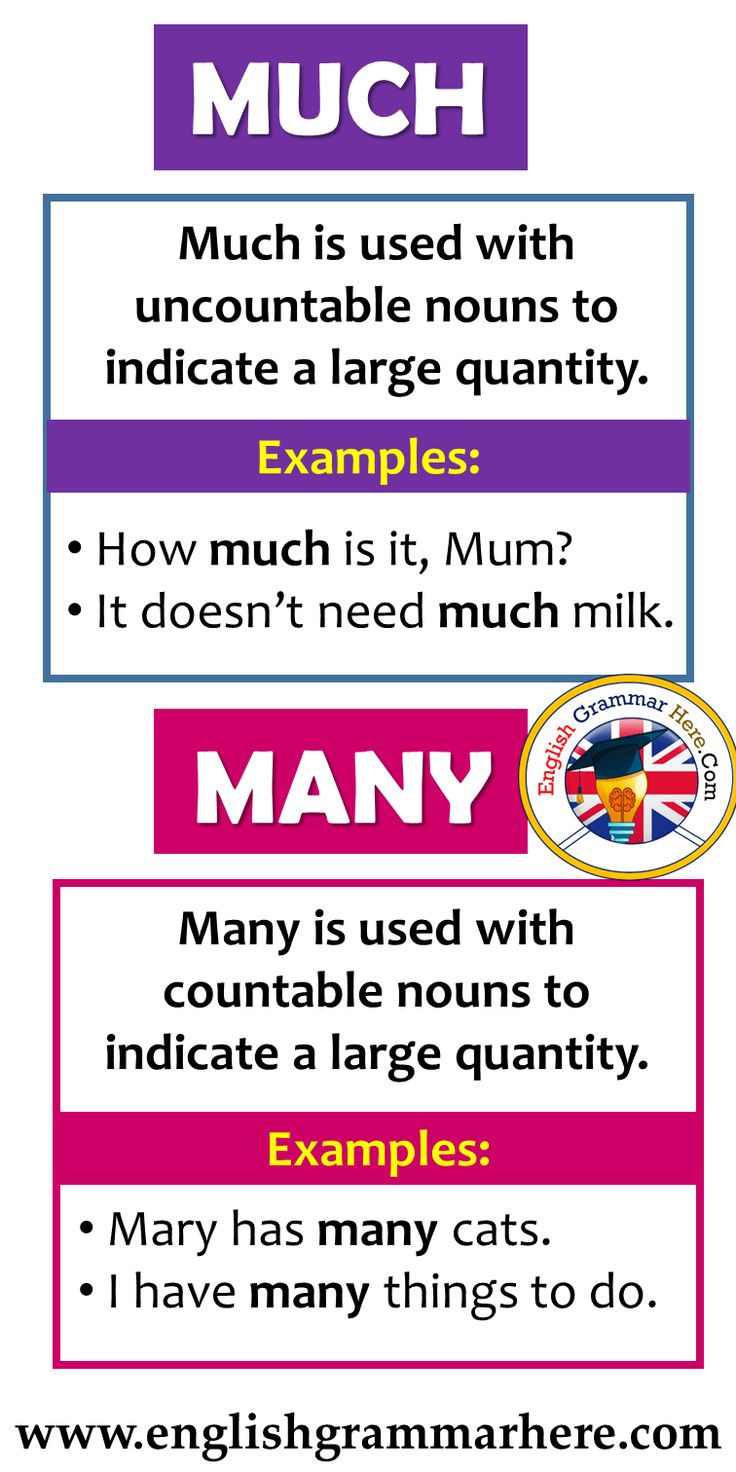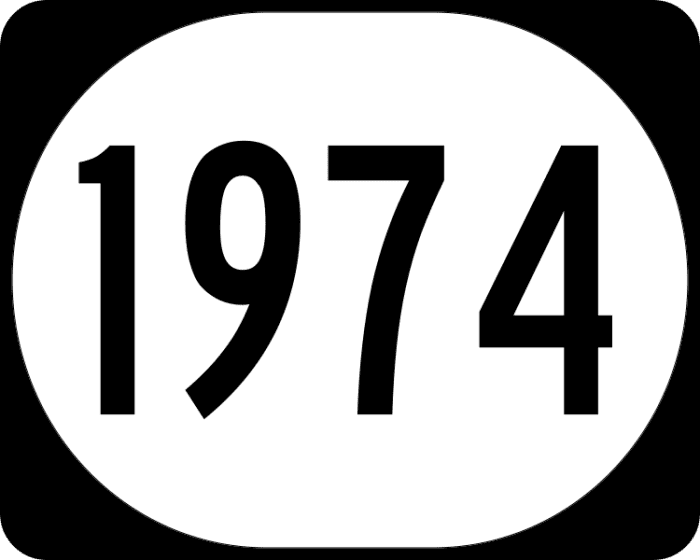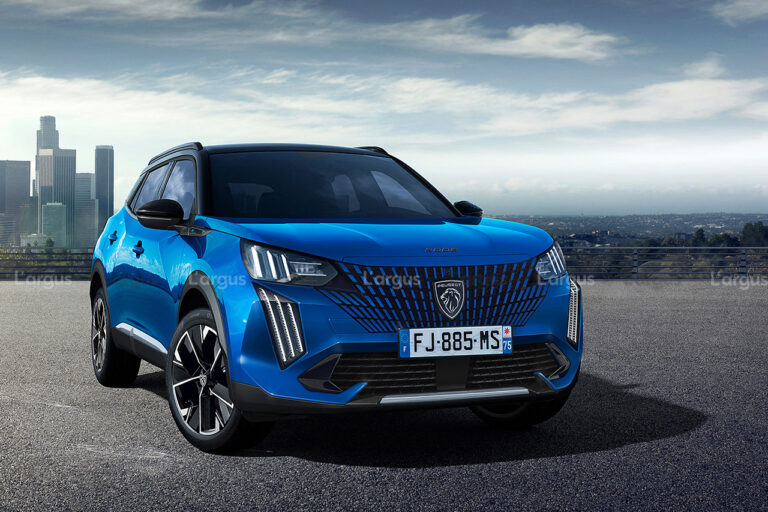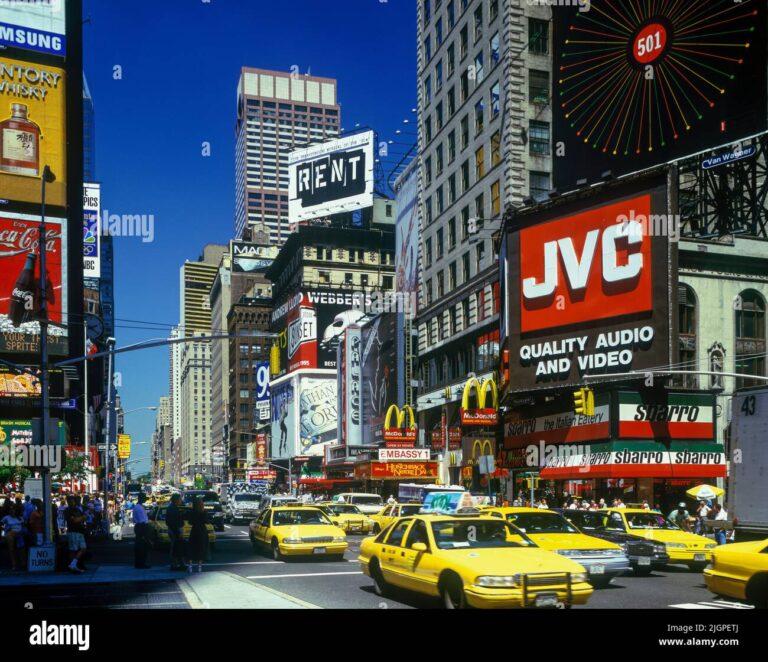How Much Does A New Jeep Wrangler Engine Cost?
How Much Does A New Jeep Wrangler Engine Cost? jeeps.truckstrend.com
The iconic Jeep Wrangler is more than just a vehicle; it’s a symbol of adventure, freedom, and rugged capability. For many owners, their Wrangler is a cherished companion that has tackled countless trails and created unforgettable memories. However, even the most robust machines eventually show signs of wear, and few components are as critical or costly to replace as the engine. When your beloved Wrangler’s heart begins to falter, the question inevitably arises: "How much does a new Jeep Wrangler engine cost?"
This isn’t a simple question with a single answer. The cost of replacing a Jeep Wrangler engine is a complex equation influenced by a multitude of factors, from the specific engine model and its condition to labor rates and geographical location. Understanding these variables is crucial for any Wrangler owner facing this significant investment, ensuring they make an informed decision that gets their rig back on the road – or off it – for years to come. This comprehensive guide will break down the costs, options, and considerations involved in replacing your Jeep Wrangler’s engine, helping you navigate this challenging but often rewarding process.
How Much Does A New Jeep Wrangler Engine Cost?
Understanding the Variables: What Drives Engine Replacement Costs?
The price tag on a new Jeep Wrangler engine and its installation can vary wildly. Here’s a breakdown of the primary factors that influence the final cost:
- Engine Type and Model Year: Jeep Wranglers have featured several engine options across their generations (YJ, TJ, JK, JL).
- JK Generation (2007-2018): Primarily used the 3.8L V6 (early models) and the more common 3.6L Pentastar V6.
- JL Generation (2018-Present): Features the 3.6L Pentastar V6, the 2.0L Turbo I4, and the 3.0L EcoDiesel V6. High-performance models like the Rubicon 392 boast a 6.4L HEMI V8. The newer, more technologically advanced engines (like the 2.0L Turbo or EcoDiesel) can often be more expensive to source than the ubiquitous 3.6L Pentastar.
- Engine Condition: New, Remanufactured, or Used? This is perhaps the biggest cost differentiator.
- Brand New (Crate Engine): Purchased directly from Mopar (Chrysler/Jeep’s parts division) or an authorized supplier. These are the most expensive but offer a factory warranty and peace of mind.
- Remanufactured/Rebuilt Engine: An engine that has been disassembled, inspected, cleaned, and had worn or faulty parts replaced with new or reconditioned components to meet or exceed OEM specifications. These often come with a warranty and are a popular middle-ground option.
- Used Engine (Salvage/Junkyard): Pulled from another vehicle, often a wrecked one. These are the cheapest upfront but come with the most risk, as their history and internal condition are largely unknown.

- Labor Costs: The cost of the mechanic’s time to remove the old engine and install the new one is a significant portion of the total.
- Hourly Rates: Vary greatly by region, shop reputation, and whether it’s a dealership or an independent mechanic. Dealerships typically have higher hourly rates.
- Complexity: Wrangler engine swaps can be labor-intensive, often requiring specialized tools and knowledge.
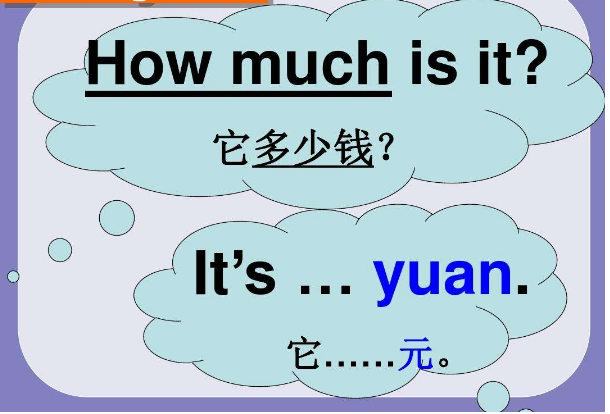
- Geographical Location: Labor rates and even parts availability can differ significantly between urban and rural areas, or across different states.
- Additional Parts and Fluids: An engine replacement isn’t just about the engine block itself. You’ll likely need new gaskets, seals, hoses, belts, spark plugs, fluids (oil, coolant, possibly transmission fluid), and filters. These can add hundreds to over a thousand dollars to the total.
- Unexpected Issues: During the removal or installation, mechanics might discover other worn or damaged components that need replacing, such as motor mounts, exhaust components, or transmission issues.

New, Remanufactured, or Used? Exploring Your Engine Options
Choosing the right type of replacement engine is critical for balancing cost, reliability, and peace of mind.
-
Brand New (Crate Engine)
- Pros: Factory fresh, highest reliability, comes with a comprehensive manufacturer’s warranty, ideal for long-term ownership.
- Cons: Most expensive option by a significant margin.
- Best For: Owners who plan to keep their Wrangler for many more years, desire maximum reliability, or are restoring a vehicle to pristine condition.
-
Remanufactured/Rebuilt Engine
- Pros: A good balance of cost and reliability. These engines have been professionally reconditioned to factory standards, often with new pistons, rings, bearings, and seals. They typically come with a warranty (e.g., 1-3 years or 12,000-36,000 miles), offering better peace of mind than a used engine.
- Cons: Still a substantial investment, and the quality can vary depending on the rebuilder’s reputation.
- Best For: Most Wrangler owners looking for a reliable, long-lasting solution without the premium cost of a brand new unit. Researching reputable remanufacturers is key.
-
Used Engine (Salvage/Junkyard)
- Pros: Lowest upfront cost.
- Cons: Highest risk. You’re buying an engine with an unknown history, potentially high mileage, and no guarantee of its internal condition. While some salvage yards offer limited warranties (e.g., 30-90 days), these often only cover outright failure, not underlying issues. If the used engine fails shortly after installation, you’ll pay for labor twice.
- Best For: Budget-constrained owners who are comfortable with high risk, or those with significant mechanical expertise who can inspect and potentially refresh the used engine themselves before installation. Generally not recommended for most drivers seeking reliability.
Beyond the Block: Unpacking Labor and Ancillary Costs
The engine itself is only one part of the equation. Labor costs and the price of additional components can significantly impact the total.
- Labor Hours: An engine swap is a complex, time-consuming job. For a Jeep Wrangler, expect labor to range from 15 to 30+ hours, depending on the engine type, vehicle generation, and any unforeseen complications (like rusted bolts or damaged components).
- Hourly Rates: These vary widely.
- Independent Shops: Typically range from $80 to $150 per hour.
- Dealerships: Can range from $120 to $200+ per hour.
- Ancillary Parts:
- Gaskets & Seals Kit: Essential for a proper seal. ($100-$300)
- Hoses & Belts: Often replaced during an engine swap. ($50-$200)
- Fluids: Engine oil, coolant, possibly transmission fluid if the transmission is disconnected. ($100-$300)
- Spark Plugs & Filters: Often replaced during the process. ($50-$150)
- Motor Mounts: Inspect and replace if worn. ($100-$300)
- Exhaust Components: Might need replacement if rusted or damaged during removal. ($100-$500+)
- Diagnostic Fees: Before even deciding on a replacement, a mechanic will need to diagnose the exact issue. This typically costs $100-$200, which may or may not be waived if you proceed with the repair at that shop.
- Towing: If your Wrangler is inoperable, factor in towing costs to the shop.
The DIY Dilemma vs. Professional Precision
When facing an engine replacement, you have two primary choices for installation:
-
Do-It-Yourself (DIY):
- Pros: Eliminates labor costs, offering significant savings. Provides a deep understanding of your vehicle.
- Cons: Requires advanced mechanical skills, specialized tools (engine hoist, stand, transmission jack, etc.), a significant amount of time, and a suitable workspace. The risk of errors or improper installation is high, which can lead to further damage and negate any savings. No professional warranty on labor.
- Recommendation: Only for highly experienced mechanics or enthusiasts with the right equipment and knowledge. For most, this is not a viable option.
-
Professional Installation:
- Pros: Expert knowledge and specialized tools ensure proper installation. Shops often provide a warranty on their labor, alongside the engine’s warranty. Peace of mind knowing the job is done correctly.
- Cons: High labor costs.
- Recommendation: Highly recommended for the vast majority of Wrangler owners. Seek out reputable independent shops specializing in Jeeps or domestic vehicles, or your local dealership. Get multiple quotes.
Is It Worth It? Making the Right Decision for Your Wrangler
Replacing an engine is a major financial decision. Before pulling the trigger, consider these points:
- Vehicle’s Overall Condition: Is the rest of your Wrangler in good shape? Check for significant rust on the frame, issues with the transmission, transfer case, axles, or suspension. If other major components are failing, the cost of an engine replacement might not be worth it.
- Mileage and Age: A new engine can breathe new life into a high-mileage Wrangler, but assess if the body and interior are still holding up.
- Resale Value: A new or remanufactured engine can significantly increase the value of an older Wrangler, especially if documented properly. However, the cost of the engine might still exceed the vehicle’s market value.
- Emotional Attachment: For many, a Wrangler is more than just transportation. If you have a strong emotional connection, the investment might be worthwhile to keep your beloved rig running.
- Long-Term Plans: Do you plan to keep the Wrangler for many more years, or are you looking to upgrade soon?
Estimated Costs for Jeep Wrangler Engine Replacement
The following table provides estimated cost ranges for engine replacement, including parts and labor. Please note that these are rough estimates and can vary significantly based on the factors discussed above (location, specific shop, engine availability, etc.).
| Jeep Wrangler Engine Type | Engine Type (Condition) | Estimated Engine Cost (Parts Only) | Estimated Labor Cost (15-30 hours @ $100/hr avg.) | Estimated Total Cost Range | Notes |
|---|---|---|---|---|---|
| 3.6L Pentastar V6 | New (Crate Engine) | $5,000 – $8,000+ | $1,500 – $3,000 | $6,500 – $11,000+ | Most common engine, good availability. |
| (JK 2012-2018, JL 2018+) | Remanufactured/Rebuilt | $3,000 – $5,500 | $1,500 – $3,000 | $4,500 – $8,500 | Good balance of cost & reliability. Often best value. |
| Used (Salvage) | $1,500 – $3,000 | $1,500 – $3,000 | $3,000 – $6,000 | High risk, no real warranty. Savings can be negated by re-do. | |
| 2.0L Turbo I4 | New (Crate Engine) | $6,000 – $9,000+ | $1,800 – $3,500 | $7,800 – $12,500+ | Newer, more complex engine. |
| (JL 2018+) | Remanufactured/Rebuilt | $4,000 – $6,500 | $1,800 – $3,500 | $5,800 – $10,000 | Limited availability compared to 3.6L. |
| Used (Salvage) | $2,000 – $4,000 | $1,800 – $3,500 | $3,800 – $7,500 | Higher risk due to complexity. | |
| 3.0L EcoDiesel V6 | New (Crate Engine) | $7,000 – $12,000+ | $2,000 – $4,000 | $9,000 – $16,000+ | Most expensive standard option due to diesel tech. |
| (JL 2020+) | Remanufactured/Rebuilt | $5,000 – $8,000 | $2,000 – $4,000 | $7,000 – $12,000 | Less common, potentially longer wait for parts. |
| Used (Salvage) | $3,000 – $5,000 | $2,000 – $4,000 | $5,000 – $9,000 | Very high risk due to diesel complexity. | |
| 3.8L V6 | New (Crate Engine) | $4,000 – $6,500+ | $1,500 – $2,800 | $5,500 – $9,300+ | Older engine, new availability might be limited. |
| (JK 2007-2011) | Remanufactured/Rebuilt | $2,500 – $4,500 | $1,500 – $2,800 | $4,000 – $7,300 | Good option for older JKs. |
| Used (Salvage) | $1,000 – $2,500 | $1,500 – $2,800 | $2,500 – $5,300 | Most affordable for older JKs, but still risky. | |
| 6.4L HEMI V8 (Swap) | New (Crate Engine) | $10,000 – $15,000+ | $4,000 – $8,000+ | $14,000 – $23,000+ | This is an aftermarket swap, requiring many other components and specialized labor. |
Note: These prices do not include sales tax, diagnostic fees, towing, or unexpected additional parts that may be required (e.g., motor mounts, exhaust components, sensors).
Navigating the Road Ahead: Practical Tips for Engine Replacement
- Get Multiple Quotes: Always get at least 2-3 detailed quotes from different reputable shops (dealerships and independent). Compare not just the total price, but also what’s included in the quote (parts, labor hours, warranty).
- Ask About Warranty: Understand the warranty on both the engine itself and the labor. A good warranty offers peace of mind.
- Research Engine Suppliers/Rebuilders: If opting for a remanufactured engine, research the reputation of the supplier. Look for reviews and industry certifications.
- Consider the "Total Cost of Ownership": Factor in all associated costs, not just the engine and labor.
- Communicate Clearly: Ensure the shop clearly explains what work will be done, why, and what parts they will use.
- Document Everything: Keep all receipts, warranties, and repair orders. This is crucial for future reference or if you decide to sell the vehicle.
- Check for Other Issues: Before committing to an engine replacement, have a thorough inspection done of the entire vehicle. You don’t want to replace the engine only to find the transmission or axles are next to go.
Frequently Asked Questions (FAQ)
Q: Is it worth replacing the engine in an old Wrangler?
A: It depends on the overall condition of the vehicle and your budget. If the frame is solid, the transmission is good, and you love your Wrangler, an engine replacement can be a cost-effective way to get many more years out of it compared to buying a new vehicle. If the rest of the vehicle is falling apart, it might be better to sell it for parts or scrap.
Q: How long does a new Wrangler engine last?
A: A brand new or high-quality remanufactured engine, properly maintained, can last as long as the original engine, typically 150,000 to 250,000 miles or more. Regular maintenance (oil changes, fluid checks) is key.
Q: What’s the difference between a rebuilt and a remanufactured engine?
A: While often used interchangeably, "remanufactured" typically implies a more thorough process where the engine is restored to OEM specifications or better, often with new components like pistons, rings, and bearings. "Rebuilt" can sometimes imply a less comprehensive repair, only addressing the immediate failure point. Always ask for specifics and warranty details.
Q: Can I put a different engine in my Wrangler (engine swap)?
A: Yes, engine swaps (like a HEMI V8 into a JK or JL) are popular but significantly more expensive and complex. They require custom mounts, wiring harnesses, cooling system upgrades, and often transmission/drivetrain modifications. This is a specialized, high-cost project usually done for performance or specific off-road needs, not as a standard engine replacement.
Q: What are the signs my Wrangler engine needs replacing?
A: Common signs include severe knocking or grinding noises, excessive smoke from the exhaust (blue, white, or black), significant loss of power, persistent overheating, metal shavings in the oil, or catastrophic failure (e.g., a thrown rod). A qualified mechanic can accurately diagnose the issue.
Q: Does replacing the engine affect my car’s value?
A: Yes, a new or remanufactured engine can positively impact the value of an older vehicle, especially if it’s a desirable model like a Wrangler. It shows the vehicle has received a significant, vital upgrade. Ensure you keep all documentation to prove the work was done professionally.
Q: How long does an engine replacement take?
A: The actual labor time for an engine replacement is typically 15-30 hours. However, the total time your vehicle is in the shop can be longer, accounting for parts ordering, shop scheduling, and unforeseen issues. Expect your Wrangler to be in the shop for at least 3-7 business days, potentially longer for less common engines.
Conclusion: Reigniting Your Wrangler’s Spirit
Replacing the engine in your Jeep Wrangler is undoubtedly a significant undertaking, both mechanically and financially. As we’ve explored, the cost is far from uniform, influenced by everything from the engine’s model and condition to labor rates and geographical location. However, for many dedicated owners, this investment is a worthwhile one, breathing new life into a beloved vehicle that represents freedom, adventure, and a unique lifestyle.
By understanding the different engine options, diligently researching reputable shops, and carefully weighing the overall condition of your Wrangler, you can make an informed decision that gets your iconic off-roader back to doing what it does best. Whether you choose a brand-new heart for your rig or a meticulously remanufactured one, the goal remains the same: to reignite your Wrangler’s spirit and ensure it continues to conquer trails and create memories for years to come.

